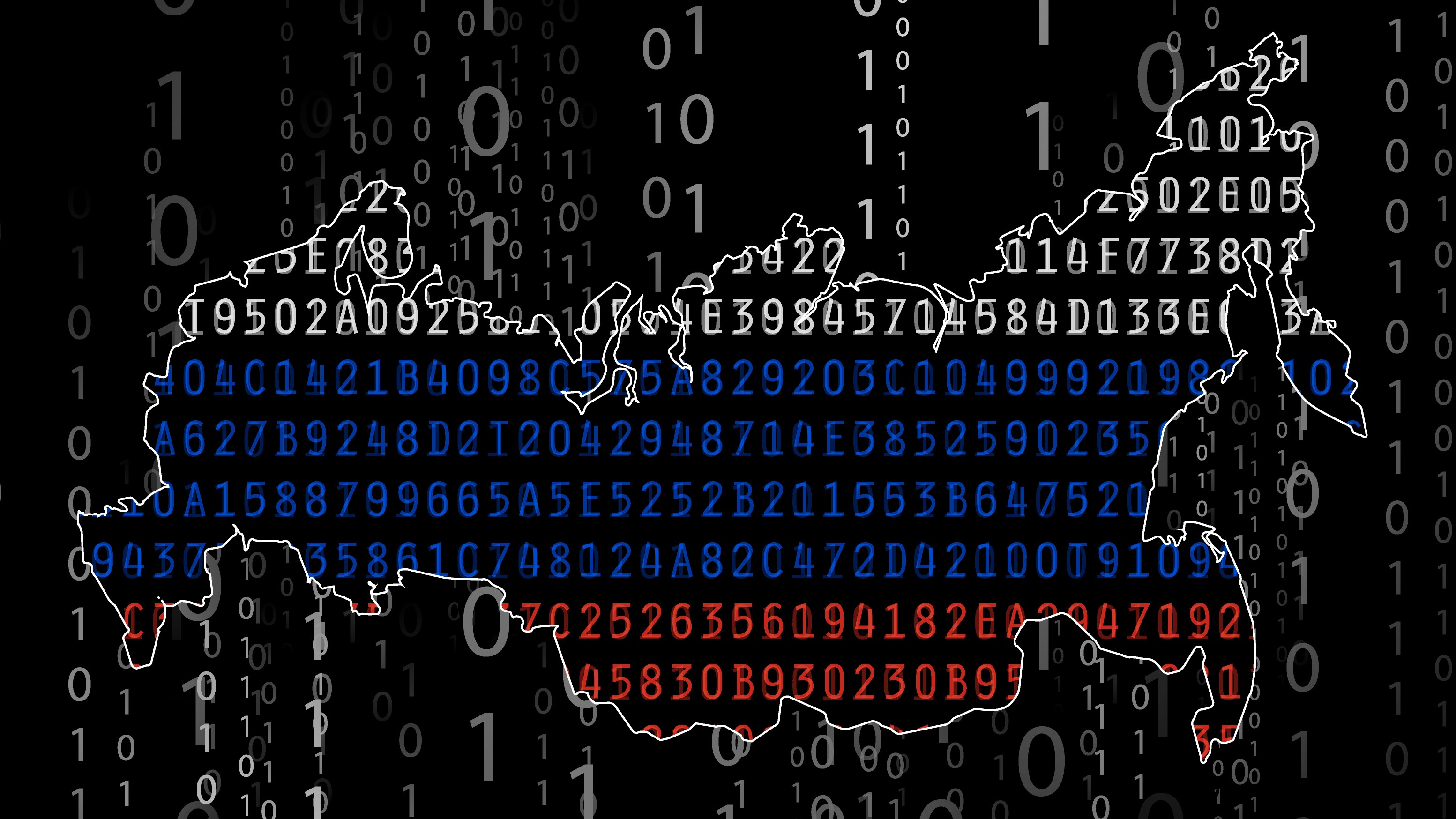
Russian authorities have long been battling against virtual private network services and their usage. Now, the Kremlin seems to have gone the extra mile by launching an anti-Russia VPNs campaign to back up its ongoing crackdown.
A VPN is security software that helps users boost online privacy and bypass censorship. Despite this, Russia's internet watchdog Roskomnadzor warns how these services could increase the risk of having personal data compromised instead.
Russia's anti-VPN campaign
"VPN services can give users an erroneous idea of their own anonymity on the Internet. However, foreign owners of such services have access to all information that Russian users transmit through them," wrote Roskomnadzor in a statement released on April 10, the Russian news agency Interfax reported.
The infamous internet regulator went on to explain the supposed risks of users' personal data, like financial information and passwords, becoming the target of hackers looking to use these details for "fraudulent purposes, blackmail and other illegal actions directed against the users themselves or their environment."
At the same time, a series of videos warning about the dangers of using VPN apps have also been circulating on Russian social media networks.
These are created by government-linked technology firm Regional Public Organization Center for Internet Technologies (ROCIT), which is also responsible for delivering advice on piracy and other internet-related issues.
"In pursuit of viewing content on banned social networks, think about whether it's worth it," says a video shared on Russian social network VKontakte, The Moscow Times reported.
VPN usage has soared in Russia following the conflict in Ukraine started as a means to keep accessing blocked news outlets and foreign social media platforms such as Facebook and Twitter.
The Kremlin's censorship crusade started way before, though. Roskomnadzor has, in fact, been filling a centralized internet blacklist since 2012 with URLs, domain names, and IP addresses deemed illegal.
Many of these were actually VPN provider sites, which later decided to pull their services out of the country completely for rejecting the new government requirements.
More than 100,000 resources were blocked in 2022 alone, though, compared to around 7,000 during the previous year.
Looking at all the efforts that Russia has put to beef up its censorship machine since the invasion of Ukraine, this looks like the latest attempt to spread disinformation and keep curbing citizens' freedom of speech.








